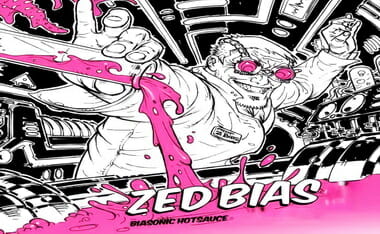Updated Today, originally posted March of 2020
Reposting for recent story.
FIRST, here is the article Larry Elder referenced in the audio above regarding the Chicago fire: “Lessons from the Chicago Fire.” WALTER WILLIAMS gives an excellent example of the benefits of price “gouging” (supply and demand) in helping families:
…Here’s a which-is-better question for you. Suppose a hotel room rented for $79 a night prior to Hurricane Katrina’s devastation. Based on that price, an evacuating family of four might rent two adjoining rooms. When they arrive at the hotel, they find the rooms rent for $200; they decide to make do with one room. In my book, that’s wonderful. The family voluntarily opted to make a room available for another family who had to evacuate or whose home was destroyed. Demagogues will call this price-gouging, but I ask you, which is preferable: a room available at $200 or a room unavailable at $79? Rising prices get people to voluntarily economize on goods and services rendered scarcer by the disaster.
After Hurricane Katrina struck, gasoline prices shot up almost a dollar nearly overnight. Some people have been quick to call this price-gouging, particularly since wholesalers and retailers were charging the higher price for gasoline already purchased and in their tanks prior to the hurricane. The fact of business is that what a seller paid for something doesn’t necessarily determine its selling price. Put in a bit more sophisticated way: Historical costs have nothing to do with selling price. For example, suppose you maintained a 10-pound inventory of coffee in your cupboard. When I ran out, you’d occasionally sell me a pound for $2. Suppose there’s a freeze in Brazil destroying much of the coffee crop, driving coffee prices to $5 a pound. Then I come around to purchase coffee. Are you going to charge me $2 a pound, what you paid for it, or $5, what it’s going to cost you to restock your coffee inventory?
[….]
Politicians of both parties have rushed in to exploit public ignorance and emotion. Last week Illinois Gov. Rod Blagojevich (Democrat) threatened to prosecute gas companies. Texas Attorney General Greg Abbott (Republican) is threatening legal action against what he called “unconscionable pricing” by hotels. Alabama Attorney General Troy King (Republican) promises to vigorously prosecute businesses that significantly increase prices during the state of emergency. The Bush administration has called for the Justice Department and the Federal Trade Commission to look for evidence of price-gouging, and Congress plans to hold hearings on oil company “price-gouging.”
There’s an important downside to these political attacks on producers. What about the next disaster? How much sense does it make for producers to make the extra effort to provide goods and services if they know they risk prosecution for charging what might be seen as “unconscionable prices”? Politicians would serve us better by focusing their energies on tax-gouging.
Economist Walter E Williams explains how what can appear as price gouging is actually the free market working to meet the needs of those in distress.




